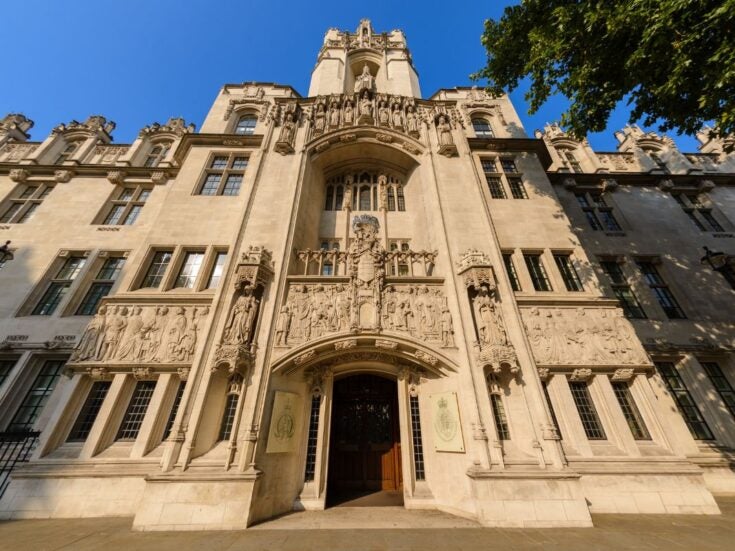
Jenny Cutts on how to protect your estate being eroded by unnecessary taxes after death
Reports that much of Prince’s estate (with an estimated value of up to $200 million) will be lost in taxes due to lack of clear instructions about his wishes have served as a reminder of the importance of making a will and getting your financial affairs in order, no matter what your age. Nor does it matter whether you are a celebrity or have a valuable estate; a will is an important document no matter what your circumstances.
Prince died without a will, meaning that there was no choice of executors and his estate was left vulnerable to potentially unnecessary taxes. Not to mention there being no clear appointment of someone to manage and distribute his estate’s future copyright and royalties. Where an estate includes valuable intellectual property rights, it is all the more essential to have a will that appoints a separate executor to deal with this part of the estate, preferably someone with experience of the industry.
Prince died solvent but swing back a few years to Michael Jackson and you will find someone who was bankrupt at the date of death but who, according to Forbes, was the highest paid dead celebrity in 2016. This highlights the importance of making a will and appointing executors with the ability and skills to manage your estate after your death. Not having a will risks the mismanagement of your estate’s affairs going forward and can lead to open warfare between the beneficiaries and executors. This does not apply only to those who have musical and literary estates worth millions but anyone with assets that need managing and protecting.
The increasing power of the internet and social media makes privacy a huge issue. Details about David Bowie’s will are in the public domain and we all know about the dispute between Robin Williams’ family. In the UK, once a Grant of Probate is issued, your will and any codicils become public documents. Even the Royal family have their wills in the public domain after death.
Having a carefully-drafted ‘vanilla’ will which is open to the public with a private letter of wishes behind the scenes can avoid difficult headlines or conversations within the family on your financial and personal affairs. This is particularly important for those in the spotlight but also applies to any of us who value our privacy and do not want our affairs to be posted on Facebook, Snapchat or referred to in the press (Spear’s excepted!).
Good advice and a well-drafted will can prevent disputes over the distribution of your estate after death. If it is properly drafted, with carefully prepared supplementary documents, it is the best route you can use to protect your estate against inheritance claims under the Inheritance (Provisions for Family and Dependents) Act 1975 and put your executors in the best possible position to protect your wishes.
Tax and estate planning are key items to be discussed when preparing your will – it should offer all the opportunities there are to maximise the tax reliefs available not only for your estate but also for your beneficiaries. There are a number of asset classes which do not fall under the authority of a will, including certain pension benefits and death in service payments. There are also assets which can pass tax-free but only if you have taken steps to get the paperwork organised in your lifetime. You need to know what these assets are and what you need to do so that these assets pass as you wish on death. A full financial review should also be undertaken to make sure your assets work for you in your lifetime and afterwards.
If you have assets in more than one country, having advice to cover your international affairs is critical. Your UK adviser should be able to liaise with lawyers in other jurisdictions to work out whether a separate will in that jurisdiction is required, or whether a single UK will would suffice. If you have assets in the EU, you should take advice on whether an election can and should be made in your UK will for UK law to apply to your EU assets. All of this should ensure that conflicts over how your assets in different jurisdictions are distributed are avoided, leading to a smoother administration of your international estate, saving on administration costs after death and potentially avoidable international tax charges.
A will is one of the most important documents you can sign and, combined with a strategy for wealth planning, it will provide legal and financial benefits to you and your beneficiaries way beyond the grave. We wait to hear about how George Michael, Carrie Fisher, Debbie Reynolds and Zsa Zsa Gabor’s estates are dealt with. Let us hope that they did their will and estate planning homework.
Jenny Cutts is a partner in the private client team at Wedlake Bell LLP







